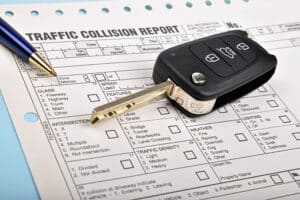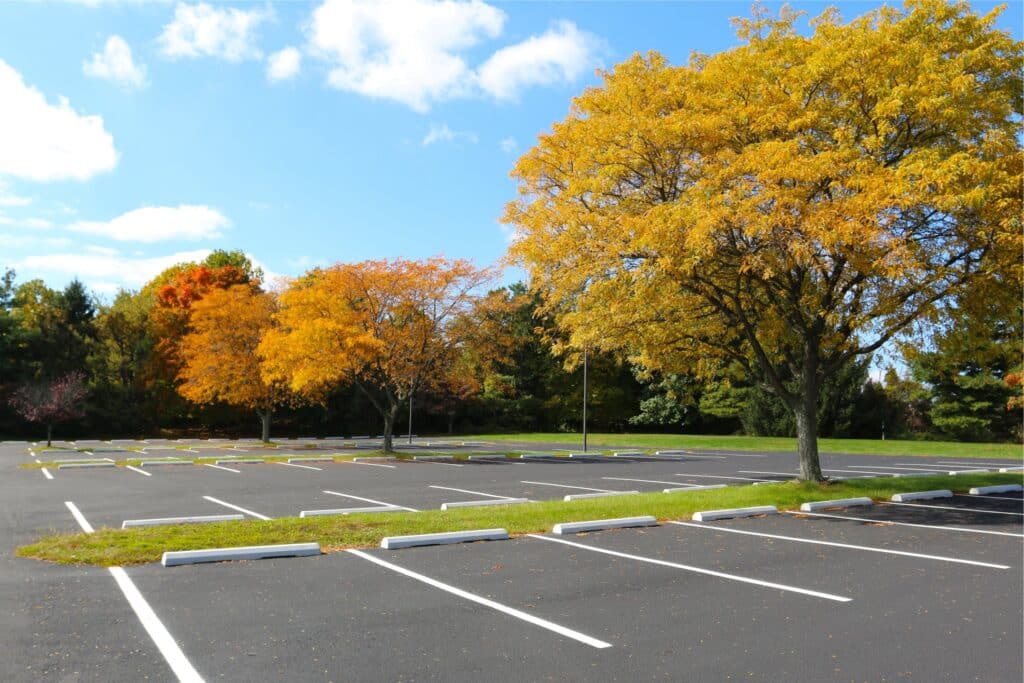
How to Report a Car Accident
An Oregon Traffic Accident and Insurance Report must be filed within 72-hours of certain types of accidents. This report is called Form 735-32. It must be filed if:
- There is damage to your vehicle exceeding $1,500.
- There is damage to any vehicle equaling $1,500 or greater and any vehicle must be towed away from the scene of the collision due to the accident.
- Injury results from the collision.
- Death results from the collision.
- Any person’s property, other than a vehicle involved in the collision, sustains $1,500 or more in damages.
- The accident occurred in an area open to the public for use of motor vehicles.
Accident reports have to be filed even if your vehicle was the only one in the crash. Drivers who agree not to file accident reports when $1,500 or more in damage is done are in violation of the law, even if the other driver agrees to pay for damages.
Your accident report has to show the name of your liability insurance company. If any driver did not have insurance coverage at the time of the crash, the motorist’s driving privileges can be suspended for a year. This is true regardless of whether that driver was at fault. Insurance companies have to tell DMV about accidents in which any driver is uninsured.
As of January 1, 2010, there is also a separate requirement mandating drivers notify law enforcement of accidents. The non-emergency number can be used to provide a required crash report, however 911 should be called in the event that injuries are serious. When 911 is called, no additional notification to law enforcement is necessary.
If any driver is involved in a crash but is physically incapable of providing notice to a law enforcement agency, vehicle occupants are required to call the police when it is possible for them to do so.
In addition to making legally-requried reports to the DMV and police, you should also report the collision to your insurer. Oregon requires the purchase of personal injury protection (PIP) so your insurance company will cover medical treatment expenditures for more minor injuries. Liability coverage is also required. In the event of serious injuries or a wrongful death, crash victims can pursue a claim for compensation from a driver whose negligence or wrongdoing causes the collision. A claim can be settled outside of court or a jury or judge may decide liability and damages in a personal injury or wrongful death civil suit.
This entry was posted on Wednesday, September 30th, 2015 at 8:38 pm and is filed under Uncategorized. You can follow any responses to this entry through the RSS 2.0 feed. You can leave a response, or trackback from your own site.










